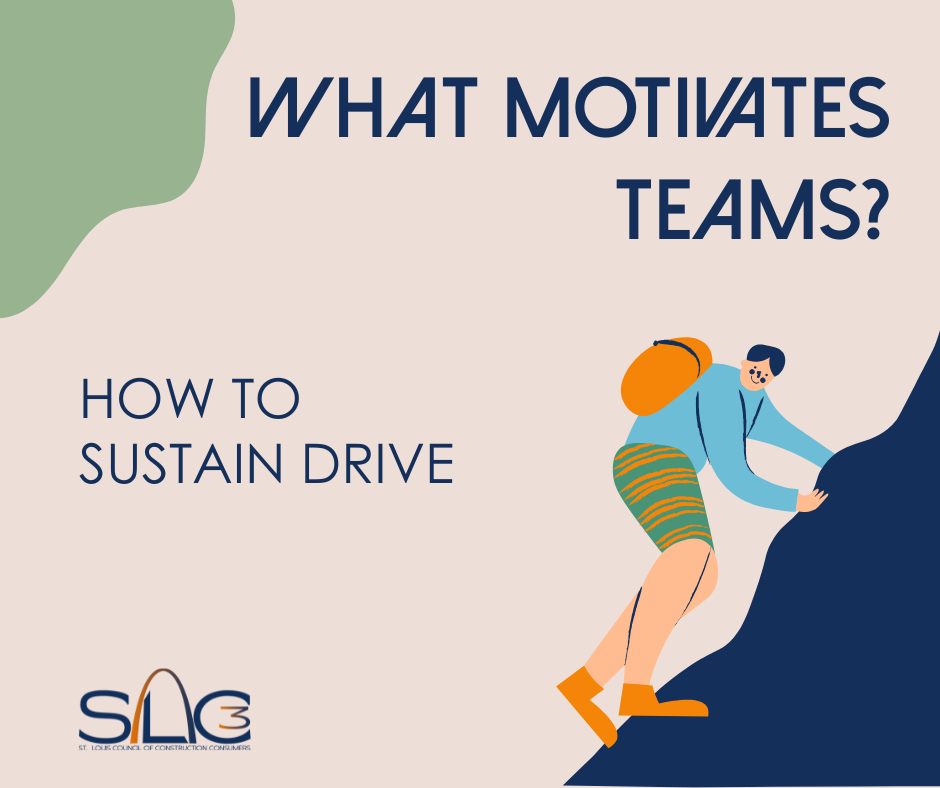Ask any high-performing team what keeps them going and chances are, their answers won’t begin or end with a paycheck.
While fair compensation is foundational, it’s far from the full story when it comes to sustaining motivation. What truly drives teams to excel is often much more human: purpose, trust, growth, and appreciation.
PURPOSE: When people understand why their work matters, it becomes more than a task—it becomes a contribution. Seeing how their role fits into a larger mission builds pride and commitment. It turns routine into responsibility.
TRUST: Teams that feel micromanaged often shut down creatively, while those granted autonomy rise to the occasion. Being trusted to make decisions and solve problems sends a clear message: you’re capable and valued. That trust fuels engagement far more than control ever could.
GROWTH: Equally important is growth. When people are challenged, stretched, and supported in learning new skills, they feel invested in—and they invest back. Growth creates momentum. It shows that the organization cares not just about the work being done today, but about the person doing it tomorrow.
APPRECIATION: And finally, there’s appreciation. Not the formal kind that happens once a year, but genuine, timely, specific acknowledgment. Feeling seen and appreciated—for effort, ideas, resilience—can re-energize a person’s motivation more effectively than almost anything else.
Even with these factors in place, motivation can waver. That’s why it’s important to sustain drive during burnout.
Here are some ways to stay motivated:
- Break big tasks into small wins
- Prioritize rest and recovery
- Reestablish routines
- Ask for support or flexibility
The truth is that motivation isn’t one-size-fits-all. It’s dynamic. But in every case, teams are more likely to thrive when they’re given purpose, trust, room to grow, and the assurance that their work doesn’t go unnoticed. When people feel they’re part of something bigger, they don’t just do the work—they own it.






